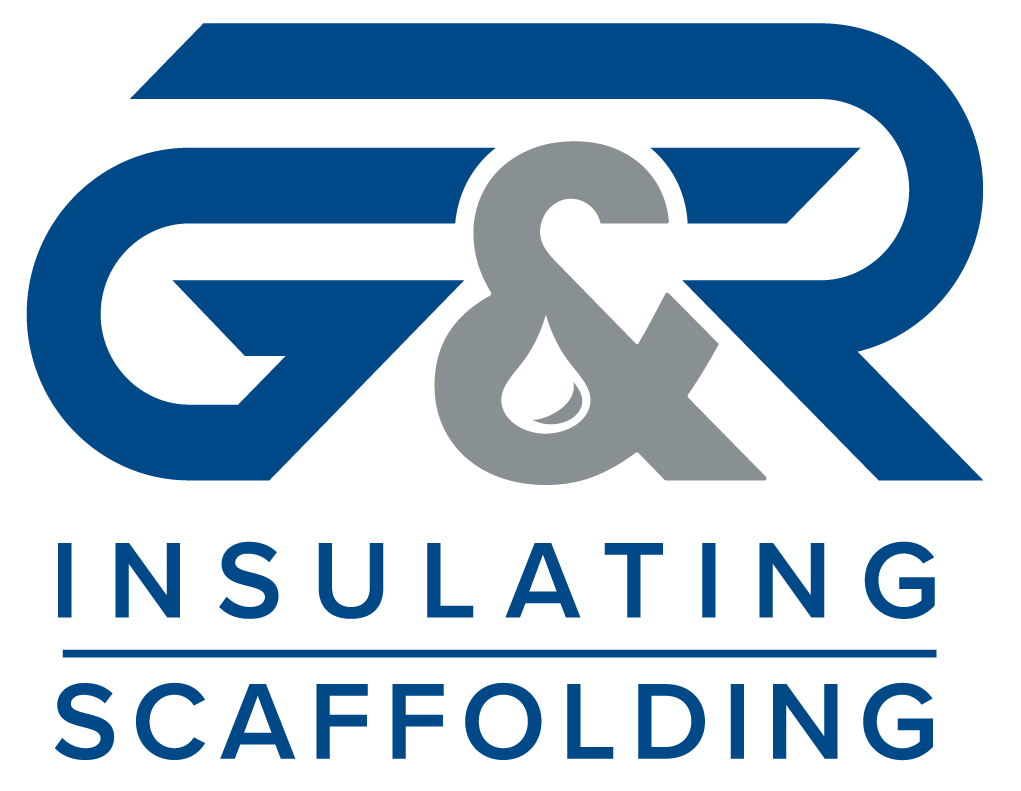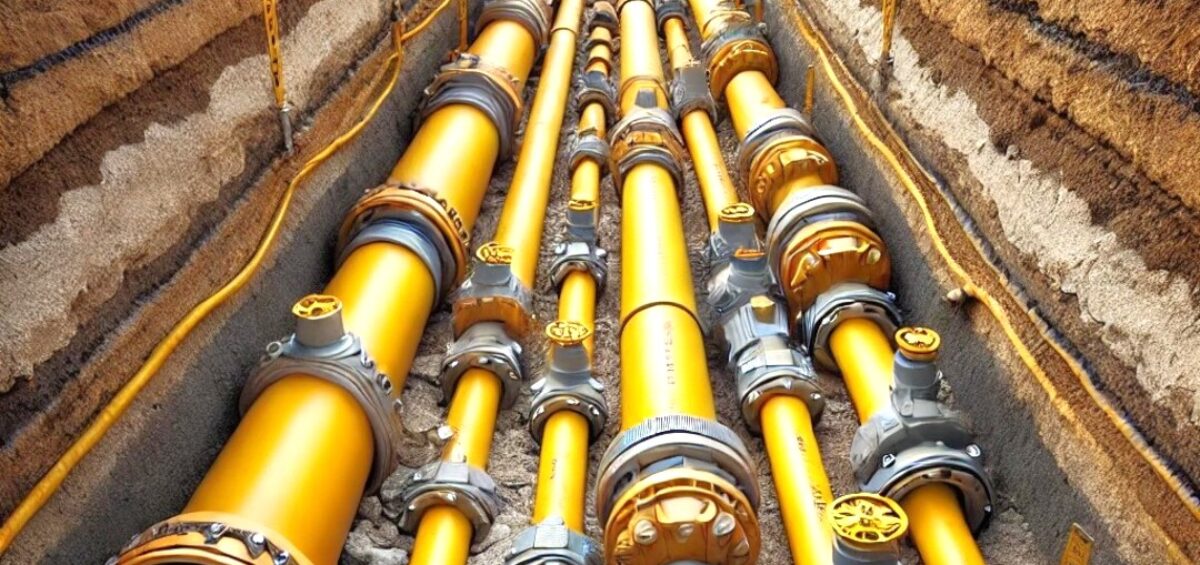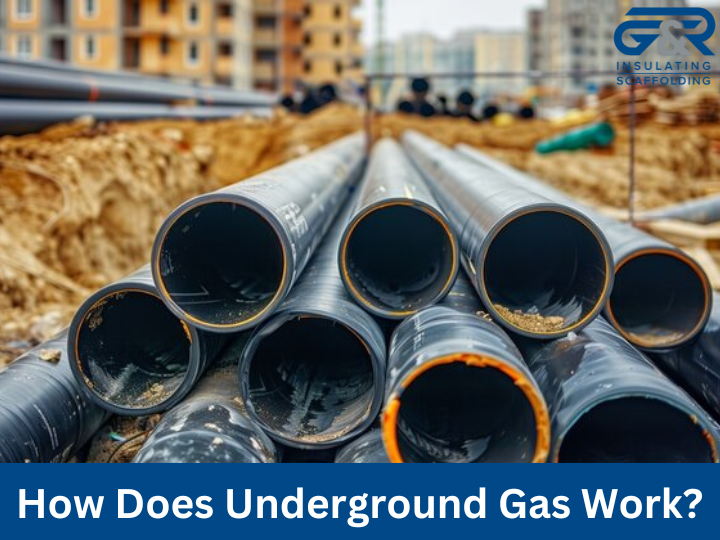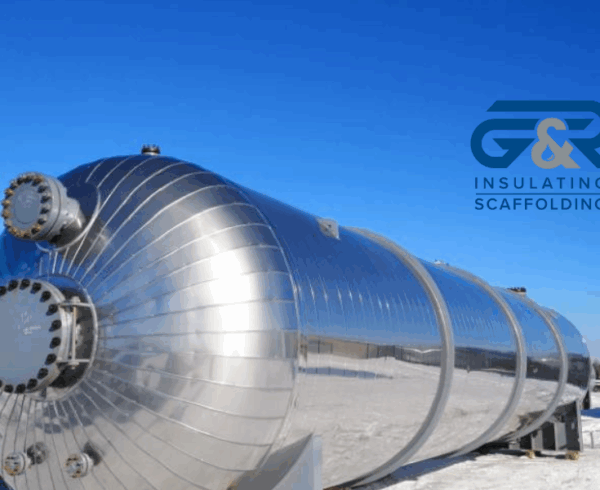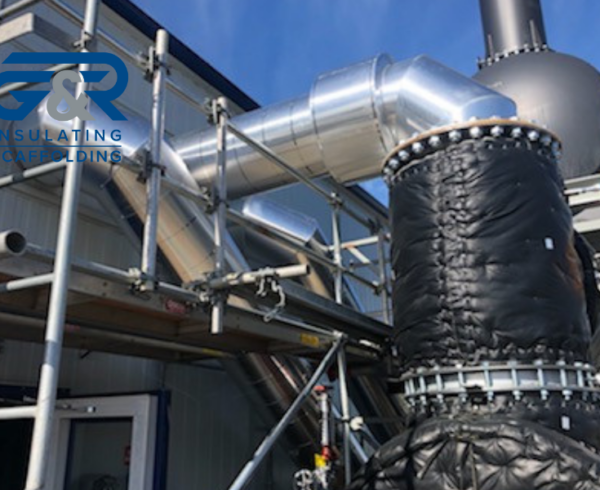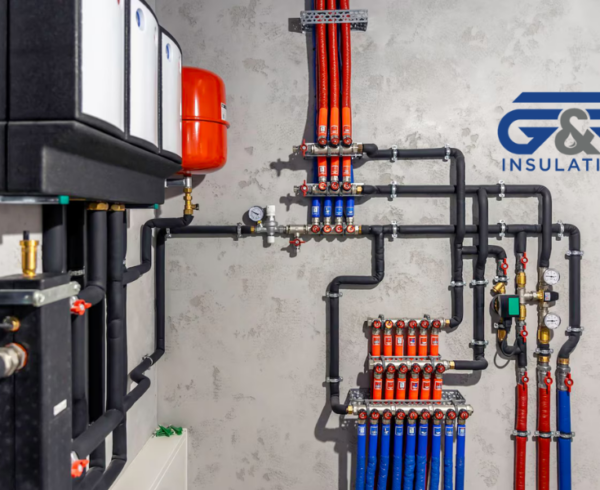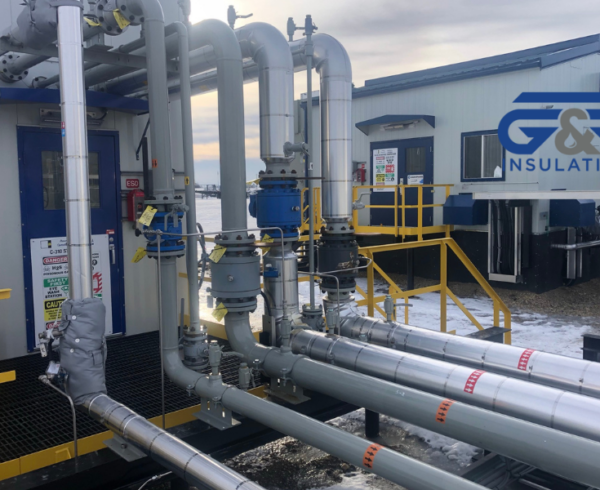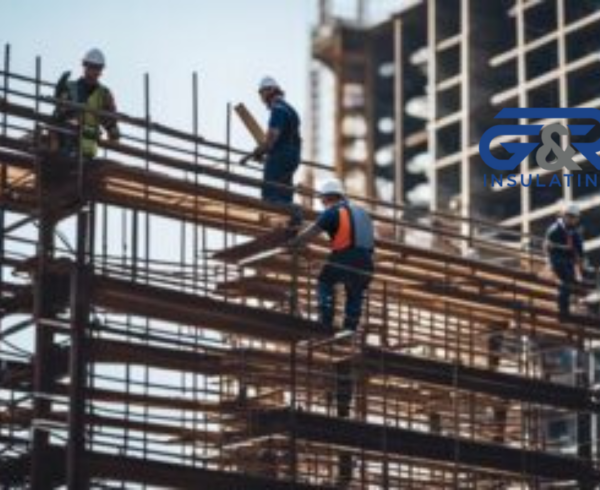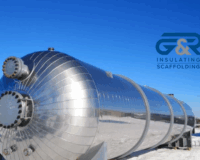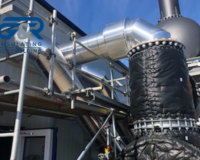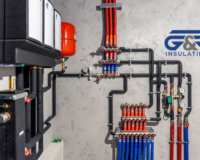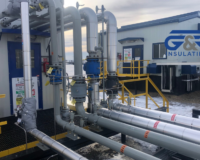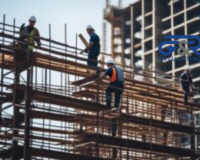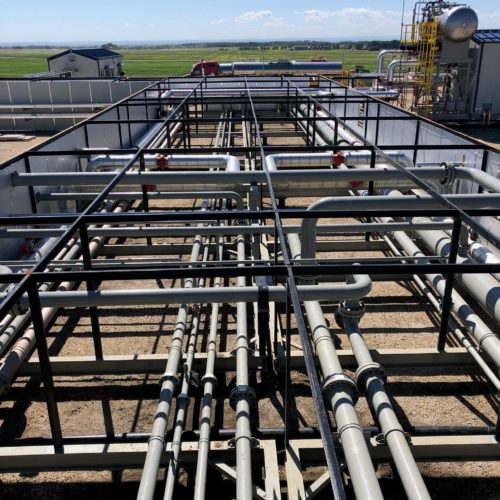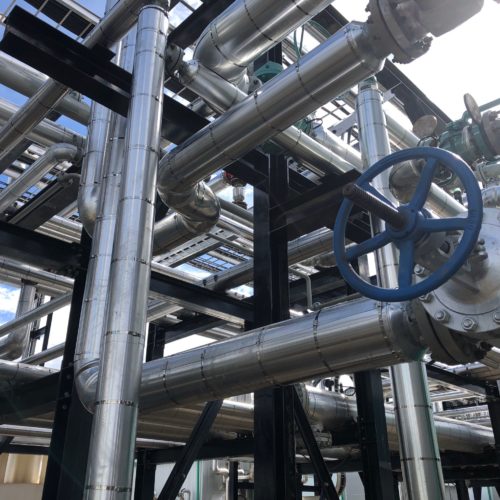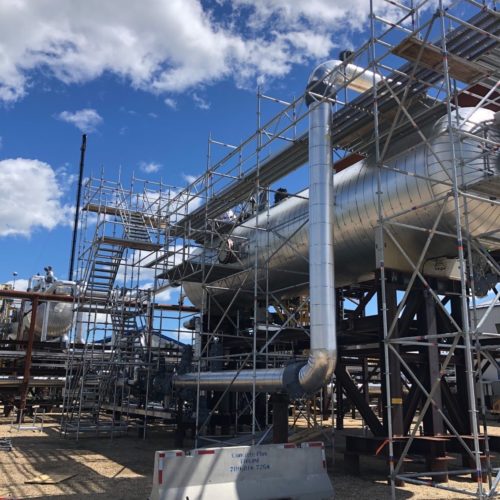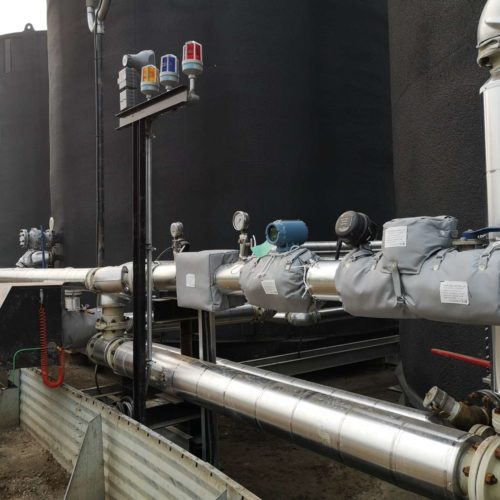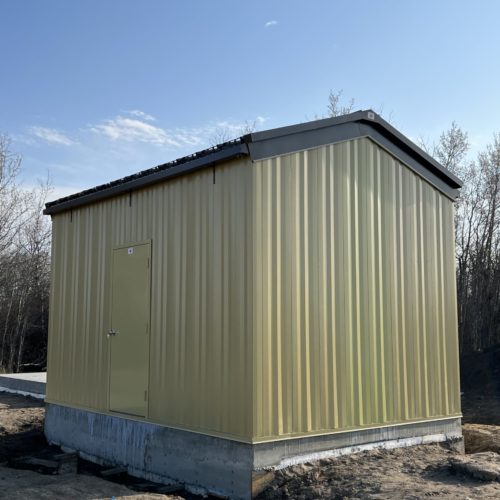Gas piping is essential for bringing natural gas safely into homes and businesses. Many people may not know that a lot of this piping is underground. Underground gas piping helps deliver gas for heating, cooking, and other uses without being seen. In this guide, we will explain what underground gas piping is, why it’s important, how it works, and safety tips for anyone using natural gas.
What Is Underground Gas Piping?
Underground gas is a network of pipes that moves natural gas underground. These pipes connect the gas supply to homes, businesses, or other buildings. Burying the pipes keeps them out of sight and protects them from damage.
These pipes are made from strong materials like plastic or steel. The strength of these materials makes sure the gas can flow safely and without leaks. In Alberta, underground gas is very common because it provides a safe and reliable way to deliver gas to many different places.
Why Is Underground Piping Important?
Underground piping is important for a few key reasons:
- Safety: By burying gas pipes underground, they are protected from weather, damage, and accidents. This reduces the chance of leaks or other dangers.
- Efficiency: Underground gas pipes deliver natural gas directly to homes and businesses. This system helps save energy and ensures gas is available when needed.
- Aesthetic Appeal: Since these pipes are hidden underground, they don’t affect the look of a neighborhood. The environment looks cleaner and more natural without visible pipes running along the ground or through the air.
- Durability: The materials used in underground gas piping are designed to last for many years. Plastic and steel pipes are resistant to corrosion, meaning they don’t wear down easily, even when exposed to the elements underground.
How Does Underground Gas Work?
The system of underground gas starts at the gas supply point, such as a gas main, which is usually located near a city or a neighborhood. From there, gas flows through underground pipes to homes and businesses. They carefully control the pressure in these pipes to ensure the safe flow of gas.
In most cases, a regulator lowers the gas pressure before it enters a home or building. This ensures the gas is at the right pressure for appliances like stoves, heaters, or water heaters.
Safety Tips for Using Underground Piping
Using underground piping comes with several safety precautions to keep in mind. Although the system is generally safe, there are steps you can take to reduce risks:
- Call Before You Dig: If you plan to do any digging in your yard, always call your local utility company first. They can mark the location of underground gas pipes so you can avoid hitting them.
- Know the Signs of a Gas Leak: If you smell gas (which often smells like rotten eggs), hear a hissing sound, or see dead plants near a gas line, you might have a gas leak. If this happens, leave the area immediately and call your gas company.
- Regular Inspections: Have a professional inspect your gas pipes regularly. This can help find and fix any problems before they get serious.
- Install Carbon Monoxide Detectors: These detectors can alert you if there is a gas leak in your home. Make sure you have them installed near bedrooms and living areas.
Advantages of Choosing Underground Gas
There are many benefits to choosing underground piping for both homeowners and business owners:
- Reliability: Underground gas pipes are less likely to be damaged by storms, heavy winds, or accidents compared to above-ground pipes. This ensures a more reliable gas supply with fewer interruptions.
- Long-Term Cost Savings: While the initial installation cost may be higher than above-ground piping, underground pipes usually last longer and require less maintenance. Over time, this can save you money.
- Increased Property Value: Homes and businesses with underground gas piping often have higher property values because buyers appreciate the safety and efficiency that these systems offer.
- Environmentally Friendly: Underground piping systems prevent leaks and ensure the efficient use of natural gas, benefiting the environment.
Materials Used in Underground Gas Lines
Underground gas lines are typically made from two main materials:
- Plastic (Polyethylene): This is the most common material used today. Plastic pipes are lightweight, flexible, and resistant to rust or corrosion, which makes them ideal for underground use.
- Steel: While not as common as plastic, steel pipes are still used for some underground gas lines. Steel is very strong and durable but may require a protective coating to prevent rust.
Underground Gas Piping Regulations
In Alberta, there are strict regulations for installing and maintaining underground piping. These rules ensure safety and prevent accidents. Only certified professionals install gas lines, and they regularly inspect them to keep everyone safe.
It’s important to follow local codes and hire professionals when working with gas piping. Trying to install or repair underground pipes on your own can be dangerous and may result in fines.
Frequently Asked Question
Q1. What materials are used for underground gas piping?
A: Most underground gas pipes are made from plastic (polyethylene) or steel. Manufacturers commonly use plastic because it’s flexible, resistant to corrosion, and lightweight. Contractors also use steel for certain projects but apply protective coatings to prevent rust.
Q2. How deep are underground gas pipes buried?
A: Underground gas Line are typically buried 18 to 24 inches below the surface, depending on local regulations. However, the depth may vary based on the location and type of installation.
Q3. What should I do if I suspect a gas leak?
A: If you think there might be a gas leak, like if you smell gas, hear a hissing sound, or see dead plants, leave the area right away and call your gas company. Avoid using any electrical devices or open flames near the leak.
Q4. Can I install underground gas piping myself?
A: Underground gas pipes should only be put in by licensed experts who know the local safety rules. DIY gas line work can be dangerous and may lead to fines or legal issues. Always hire a certified expert.
Conclusion:
Underground gas is a safe, efficient, and reliable way to deliver natural gas to your home or business. By keeping the pipes out of sight and safe from harm, you can have a clean and safe home while using natural gas for heating and cooking.
If you’re working on a project or need help with underground gas pipes, it’s important to hire experts who understand Alberta’s safety rules. G & R Insulating expertly installs underground gas piping in Alberta, ensuring safety and quality in every project.
Contact us today to learn more about how underground gas can benefit your home or business!
